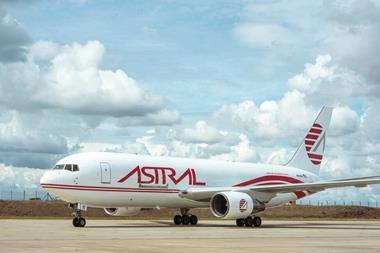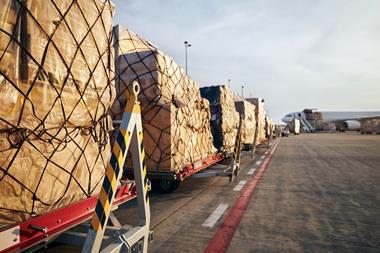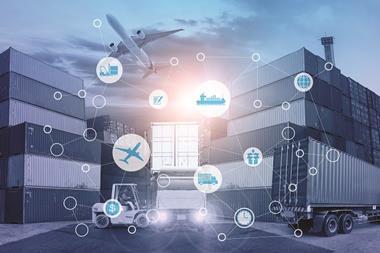Nearly 95% of supply chain and operations professionals are not fully capitalising on the potential benefits of digitalization, according to a DHL survey.
The research report on digitalization in the supply chain found that new technologies and solutions are developing at a fast-pace and disrupting industries on multiple fronts, with supply chains struggling to keep up.
The global survey of nearly 350 supply chain and operations professionals revealed that the vast majority of respondents are not fully capitalising on the potential benefits that physical innovation and information/analytics offer.
Digitalization and the supply chain: Where are we and what’s next? is a report by Lisa Harrington, president of the lharrington group LLC commissioned by DHL to identify how industry is coping with the rise of digitalization in the supply chain.
Next-generation robotics, AI, AVs, blockchain, big data analytics and sensors are just some of the technologies which businesses must now consider integrating into their operations and supply chain strategies.
Respondents ranked big data analytics as the most important information solution with 73% reporting that their company was investing in this technology, ahead of cloud-based applications at 63%, the Internet of Things (IOT) at 54%, blockchain at 51%, machine learning at 46% and the sharing economy at 34%.
Importance in physical hardware has focused on robotics with 63% of respondents ranking it as the most important physical technology, beating AVs at 40%, 3D printing at 33%, and augmented reality and drones at 28%.
Harrington said: “There is no doubt that digitalisation is having an incredible impact on supply chains and operations across the globe and is here to stay.
"Companies are faced with many options as new products and applications enter the market and gain acceptance in the industry. Having a purposeful strategy for supply chain digitalisation is now essential to assess the new technological landscape and chart a way forward to reap the benefits and stay ahead of the competition.”
Businesses are beginning to test the waters, with 39% reporting that they are developing one or more information or analytics solution, but only 31% are doing the same for physical applications.
The underlying reasons for the slow pace are symptomatic of traditional organisational change scenarios, said DHL.
For hardware technology applications, 68% of respondents said that reliability was the top concern, while 65% reported a resistance to change in their organisation followed by insufficient or prolonged return on investment at 64%.
Comparatively, for information and analytics solutions, 78% of respondents reported that organisational siloes and legacy systems were the top impediments, followed by a lack of specialised talent expertise at 70%.
José F. Nava, chief development officer, DHL Supply Chain, said: “This is a transformative juncture for the supply chain industry. The traditional model is facing unprecedented levels of disruption from new hardware technologies combined with information and analytics solutions.
"Technology offers considerable opportunity to reduce cost and improve profitability but it also means businesses that fail to adapt risk getting left behind. Our customers are increasingly looking to us to lead the way during this transition."
Read more airfreight digitisation news










